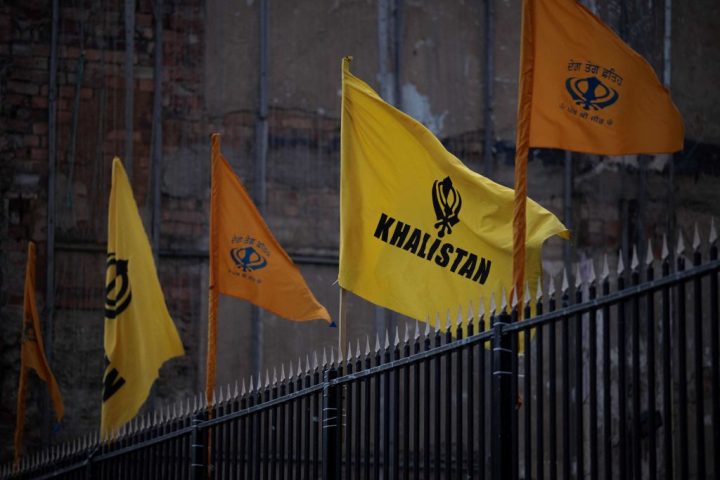How worried should British Sikhs be about the threat to their lives from forces acting on behalf of the Indian government? The question has arisen after it was revealed that some Sikhs have been issued with ‘threat to life’ warnings by West Midlands police. Such warnings – called ‘Osman warnings’ – mean there is credible intelligence of a death threat or risk of murder but not sufficient to justify an arrest.
The warnings by British police follow claims of murder and an assassination attempt on activists in Canada and the United States last year. This has fuelled speculation that Sikhs are being targeted by India because of their support for the formation of an independent state of ‘Khalistan’ in the Punjab. India has always denied the claims.
There is almost no viable chance of a separatist Sikh state coming into existence in India
The police have not provided any detailed information about the latest warnings or said anything about a potential link to the Indian state. One of those notified by police claims it could be linked to his openly expressed hostility to Narendra Modi’s government. He told the Times newspaper that he had ‘posted stuff on Twitter and Instagram against the regime’ and ‘an Indian government connection would make sense…’. That is just speculation. Even so, it is understandable that some in the Sikh community see a link between the warnings here and recent events in the United States and Canada.
Whatever the truth, there is no denying that Sikhs in Britain are increasingly worried for their safety. The Federation of Sikh Organisations is backing a legal challenge by the family of a separatist campaigner, Avtar Singh Khanda, who are calling for an inquest into his death in June. He died within days of being admitted to Birmingham City Hospital: the official cause of death was acute myeloid leukaemia, a type of blood cancer. Some in the Sikh community claim he was poisoned by Indian agents, and campaigners say their attempts to have a private autopsy performed have been blocked. It is worth stating that, according to police, a review into his death found no suspicious circumstances.
How can the truth be ascertained then when it is proving increasingly hard to separate fact from fiction? Some of the wilder conspiracy theories about Indian involvement have been given added credence by events elsewhere. Last September, the Canadian prime minister Justin Trudeau said the authorities had credible evidence to suggest that India was behind the shooting of Hardeep Singh Nijjar near Vancouver in June. He was a prominent Canadian Sikh who had long campaigned for an independent Sikh state. The Indian government dismissed the claims as ‘absurd’.
The fallout led to India ordering dozens of Canadian diplomats to return home. Modi has since promised to look into any evidence produced by the Canadians. This change of tune may well have come about because similar claims of threats to Sikh activists by Indian agents have emerged in the United States. In November, the US authorities announced they had uncovered an assassination attempt in New York on a prominent Sikh activist. They accused an unnamed Indian agent of recruiting an Indian citizen, identified as Nikhil Gupta, to pay a hitman a bounty of $100,000 (£79,000) to carry out the killing.
One of the most bizarre aspects of this controversy is that there is almost no viable chance of a separatist Sikh state coming into existence in India. It is a dream harboured by the Sikh diaspora but is actually of little interest to Sikhs in India itself. India’s repeated and vehement denials of any involvement in murder or murky assassination plots is a matter of record. Even so, the Modi government cannot deny that it faces growing accusations of resorting to great lengths to punish political dissents and silence opponents. That is why Britain’s Sikhs are right to worry.







Comments